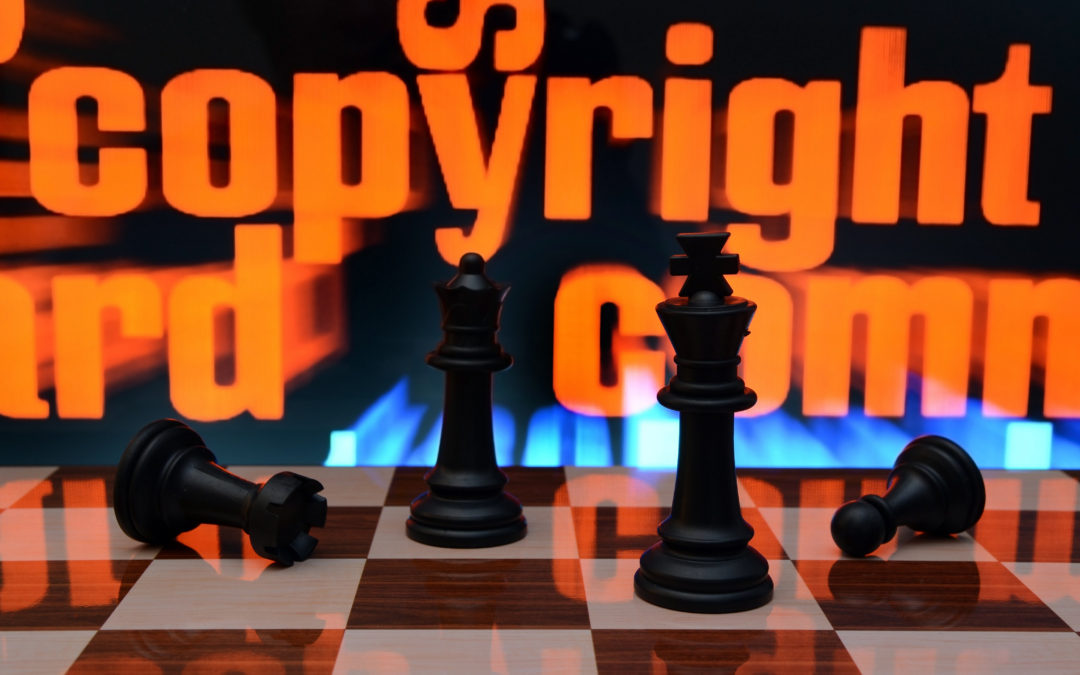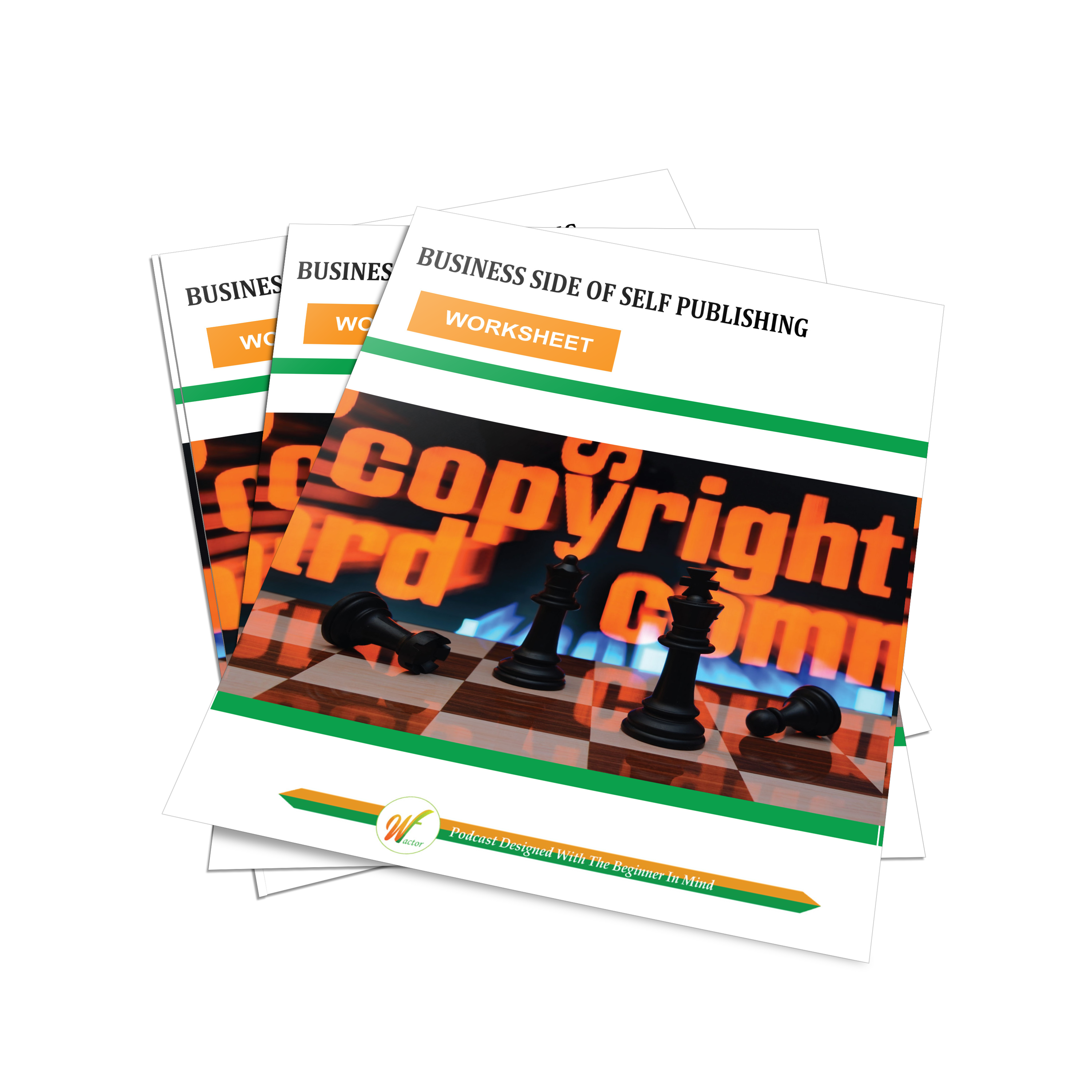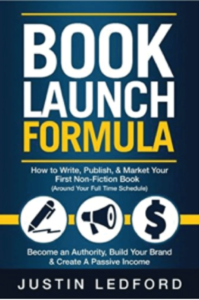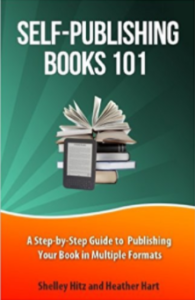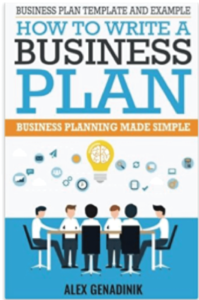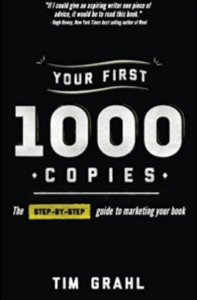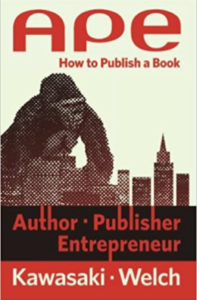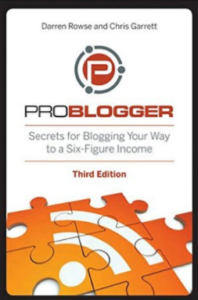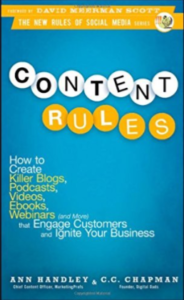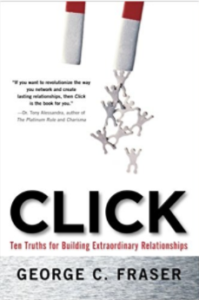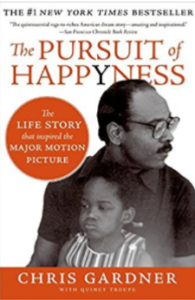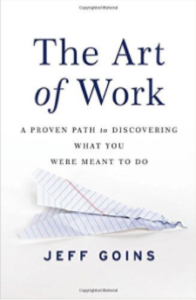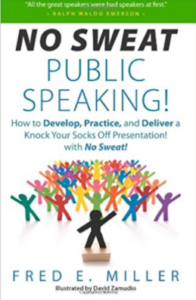(Note: This blog posting is an abbreviated written transcript form of the audio podcast)
A LITTLE ABOUT THE BUSINESS SIDE OF SELF PUBLISHING
I want to start off by saying that I am not an attorney nor do I pretend to be one I am only sharing some ideas
and some of the things that I have discovered as far as the business side of self publishing is concerned. I recommend that if you are going to pursue the business of self publishing; meaning you intend on publishing and selling your work and other peoples books; that you do your own research regarding what it all entails and secure legal counsel if necessary. Most writers are creative individuals and don’t want to bother with the business side of things but whenever you intend on selling your work; then it becomes a business and you should have some understanding of what is required of you.
A FEW THINGS YOU NEED TO LOOK INTO CONCERNING THE BUSINESS OF SELF PUBLISHING
- The basics of Setting up the actual business
- Pricing your book
- Understanding Copying writing laws
The basics of setting up a book business:
When setting up your publishing business you should be thinking just like any other business.
- What is the name of your business?
- Do you have a logo; trade mark etc?
- Will you be a sole proprietor; an LLC or a corporation?
- What are your state requirements in terms of taxes etc?
- Where will the physical location of your business be? ie in the home or a brick and mortar.(there is a whole set of rules that go with each)
- Will you have employees or will you need to 1099 anyone?
- Do your need a business plan….a mission statement?
Naming your company
First things first; start by naming your business
What will your business Structure be?
The type of legal structure you choose for your company is probably the most important of all the decisions you make when starting a business. Furthermore, it is also important when we talk about computing your taxes. Not only will this decision have a huge influence on your tax payments, it will also affect the amount of paperwork your business has to do, your ability to earn profit and the personal liability you face. As each business form comes with different tax consequences, you have to make your choice smartly. You should choose the structure that most closely matches your company’s needs.
Sole Proprietorship
Partnership
- General Partnerships
- Limited Partnerships
A Limited Liability Company (LLC)
Pricing Your Book
A lot can be said about pricing your book. If you self publish a book and you have it printed and bound by a printer then of course you will want to make sure that you take into consideration the cost of printing and any other expenses.
Such as:
- What type of binding will you have; saddle stitch; adhesive case bound; spiral bound
- How many copies will you need?
- What type of cover sill you want: Paperback; Hard cover; laminated
- Will there be color pages
After expenses some writers especially new writers choose to price their books very low. But believe it or not there are buyers who look at an extremely low cost of not only a book but any other product and will considerate cheap and not of much value. So pricing low is not always the best way to go. EBooks on the other hand are different because the buyer knows that there is not much that go into the production cost and most eBooks sale for a lot less then printed books. Some authors give away their books for a limited time as a promotional tactic. Many authors give away an online sample chapter or two. This works really well for many authors because they know if the reader likes the sample chapter; chances are they will purchase the book. The people over at mill city press give a nice synopsis on how to price your books. https://www.millcitypress.net
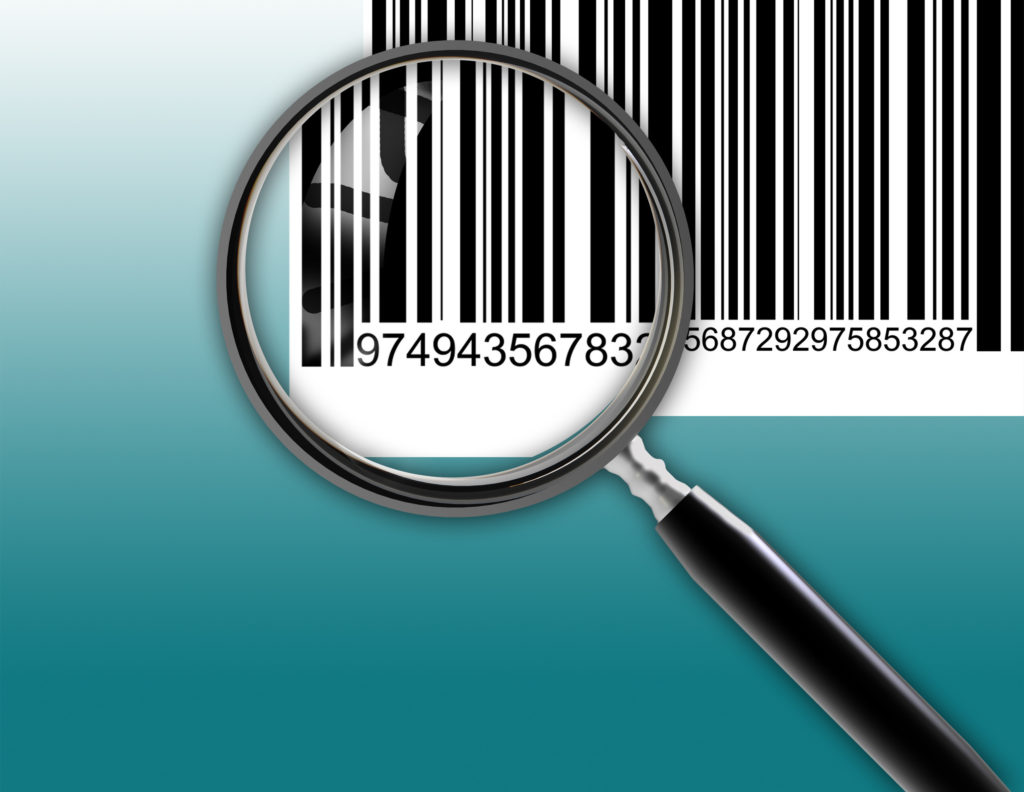
Understanding the IS Codes
When you publish your book you will want to have an ISBN number or International Standard Book Number. Per Wiki The International Standard Book Number is a unique numeric commercial book identifier.
An ISBN is assigned to each edition and variation (except re-printings) of a book. For example, an e-book, a paperback and a hardcover edition of the same book would each have a different ISBN. The ISBN is 13 digits long if assigned on or after 1 January 2007, and 10 digits long if assigned before 2007. The method of assigning an ISBN is nation-based and varies from country to country, often depending on how large the publishing industry is within a country.
Now this is not to be confused with ISSN the International Standard Serial Number, that identifies periodical publications such as magazines; or the International Standard Music Number ISMN that is the identifier for musical scores.
How do you get an ISBN?
ISBN issuance is country-specific, in that ISBNs are issued by the ISBN registration agency that is responsible for that country or territory regardless of the publication language. The ranges of ISBNs assigned to any particular country are based on the publishing profile of the country concerned, and so the ranges will vary depending on the number of books and the number, type, and size of publishers that are active. In the United States, the privately held company R.R. Bowker issues ISBNs. state that you have links in the show notes http://www.bowker.com and https://www.myidentifiers.com
There is a charge that varies depending upon the number of ISBNs purchased, and as of the time of this podcast the prices start at $125.00 for a single number. Access is immediate when requested via their website. Most self publishing companies will get this number for you.
Where to list; distribute and sale your book
Stores; Amazon; Barnes and Nobles (and other online stores like it); Libraries; book forms in Apple ITunes and other Ebook stores Also be sure to keeping good financial records/Know the tax laws Just to name a few.
A word about copyright
Now just what does it mean to copyright your work?
The questions of when…….. and should I copy write my material has been buzzing around with different answers depending upon who you ask. Years ago I wrote a song and before I sent it to the library of congress to be formally copy written I did what was called a poor man’s copy right. That essentially meant that I placed the written material in an envelope and mailed it to myself. The idea here is that as long as the seal was date stamped and not opened then you could prove that the work was yours if ever you found yourself having to legally prove it was your work. Well on all my most recent research I found that this method really doesn’t mean much….but it made me feel protected at the time. What I have found (and again I am not an attorney and I urge you to do your own research), is that your work is protected the moment you write it. That’s correct the moment you write your work it is protected. This does not mean that you shouldn’t get your work copy written, because you should. However your work is covered under what is known as intellectual property. Wikipedia says this about intellectual property: and I quote
Intellectual property (IP) rights are the legally recognized exclusive rights to creations of the mind. Under intellectual property law, owners are granted certain exclusive rights to a variety of intangible assets, such as musical, literary, and artistic works; discoveries and inventions; and words, phrases, symbols, and designs. Common types of intellectual property rights include copyright, trademarks, patents, industrial design rights, trade dress and in some jurisdictions trade secrets.
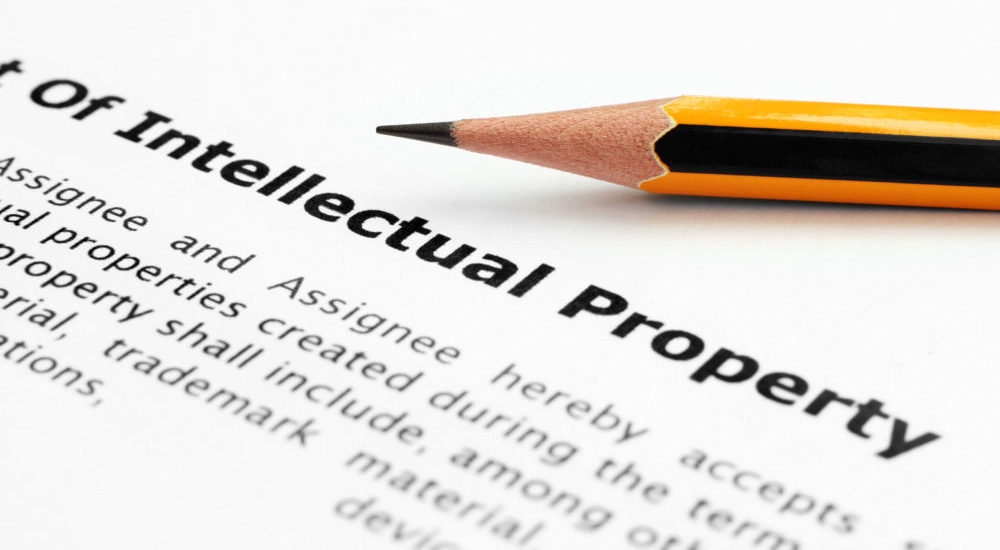
Many people are afraid to share their work with potential editors or anyone else who will be working with the book until it is copy written….. however you can simply type at the bottom of every page the copy right symbol the letter C in the middle of a circle; the year that the book was written; your nae and the phrase “All Rights Reserved.
For example; ©2017 Linda Knox All Rights Reserved. This should more than suffice until you have your work formally copy written. Check out this website for more on securing a formal copyright www.copyright.gov.
QUIZ TIME
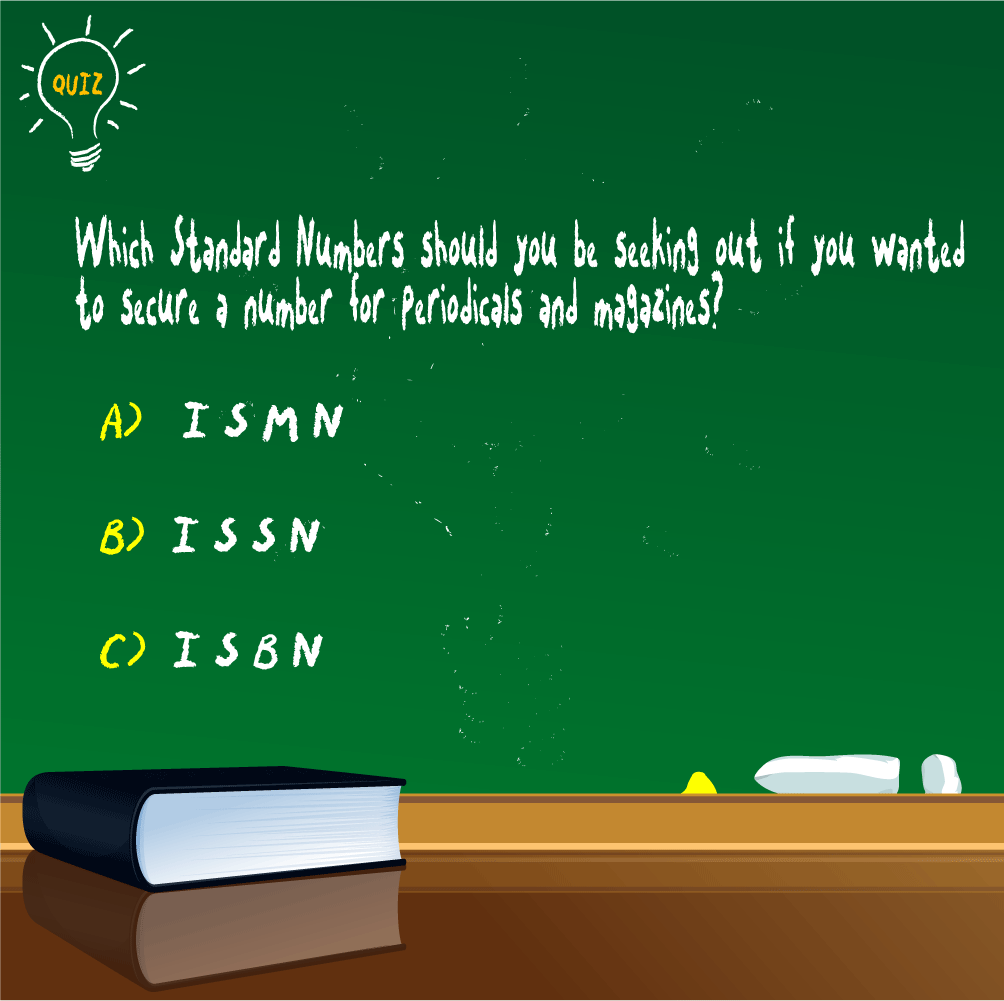
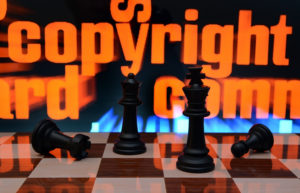
QUESTION
What Standard Numbers should you be seeking out if you wanted to secure a number for periodicals and magazines?
A) ISMN
B) ISSN
C) ISBN
If you answered…….
B
You are correct!!!
ISSN stands for International Standard Serial Number; that identifies periodicals and publications such as magazines
NOTE: ISMN stands for International Standard MUSIC number and ISBN stands for International Standard BOOK number
BONUS QUESTION
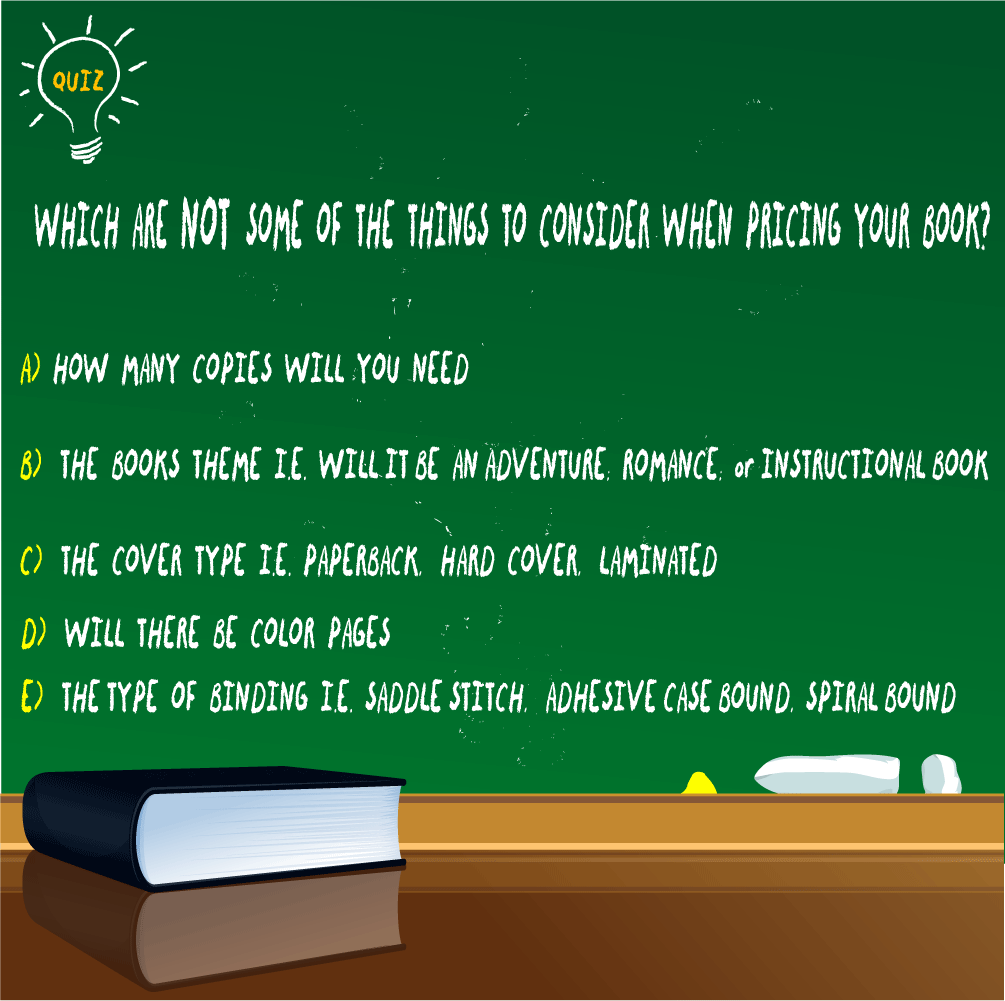

QUESTION
Which are NOT some of the things to consider when pricing your book?
A) How many copies you will need
B) The books theme ie will it be an adventure story; drama; instructional
C) The cover type ie paperback; hard; laminated
D) Will there be color pages
E) Will it have be saddle stitched; adhesive case bound; spiral bound
If you answered…….
B

